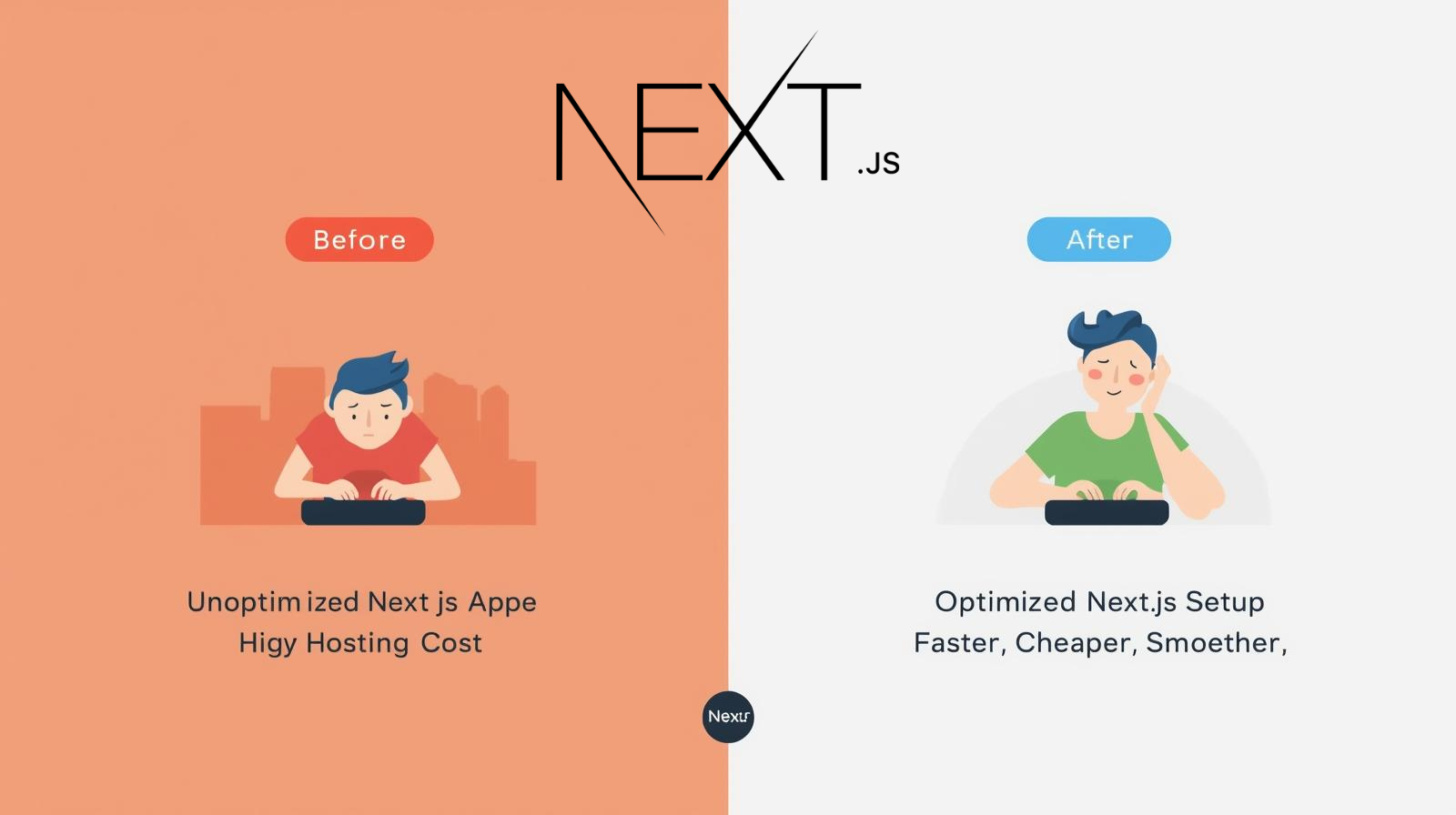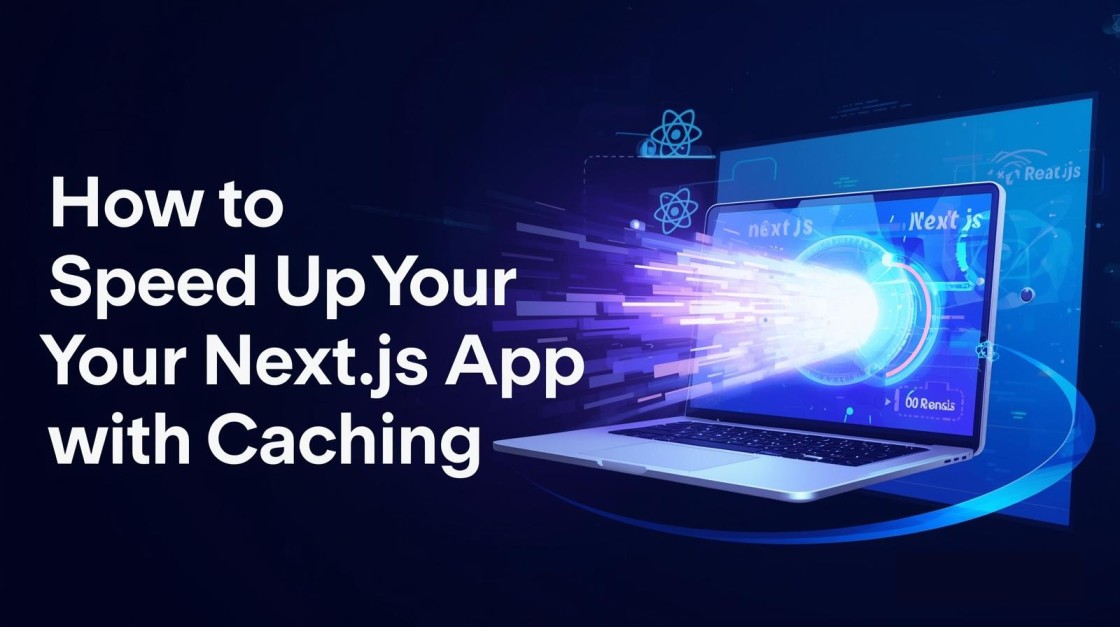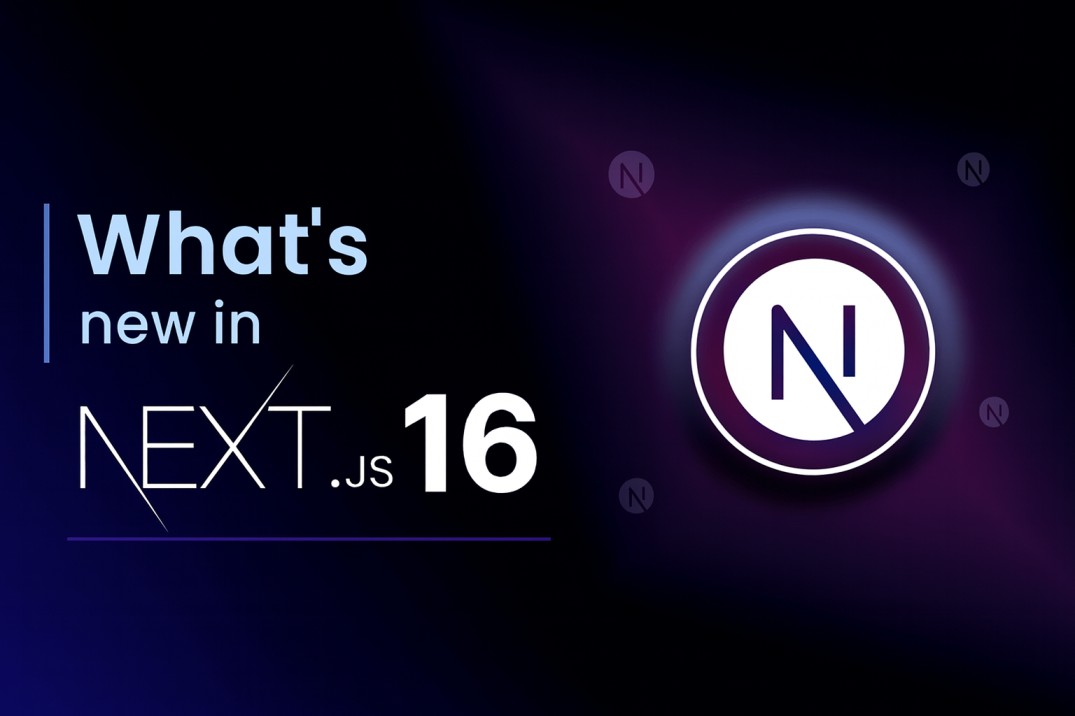How I Use Cursor to Build Apps Faster with React Next js and Supabase

If you’re a developer like me, you know how much time can go into setting up projects, reading docs, and writing boilerplate—especially when you’re working with a modern stack like React, Next.js, and Supabase. That’s why I switched to Cursor, an AI-powered code editor built on top of VS Code, but with some game-changing features that help me code faster and smarter.
Let me walk you through how I actually use Cursor in my day-to-day workflow, focusing on real features like @docs and @web, and why it’s become my go-to editor for building web apps.
My Tech Stack
- React for building interactive UIs
- Next.js for routing, SSR, and API routes
- Supabase for authentication, database, and real-time features
Getting Started with Cursor
The best part? Cursor feels just like VS Code. All my extensions and shortcuts work, so there’s no learning curve. But what really sets Cursor apart is its built-in AI and those handy @commands.
How Cursor’s AI and @ Features Help Me Build Faster
1. Instantly Access Official Documentation with @docs
One of my favorite features is @docs. Whenever I forget the syntax for a React hook or need to double-check how to use Supabase’s client, I just type @docs useEffect or @docs supabase auth right in the chat sidebar. Cursor fetches the official documentation and shows it in the editor—no more switching tabs or Googling.
Example:
While building a Next.js page to fetch user data from Supabase, I needed to remember how to use useEffect with async functions. Instead of searching online, I just typed:
Boom—official React docs, right there in my workspace. This saves me a ton of time and keeps me in the flow.
2. Pulling in Real-World Examples with @web
Sometimes, I want to see how other people are using a library or API. That’s where @web comes in. If I type something like:
Cursor searches the web for the most relevant, up-to-date code snippets and examples, and displays them in the chat. This is super helpful when working with new APIs or figuring out best practices.
3. AI-Powered Code Generation and Edits
Cursor’s AI isn’t just for chat—it can actually write and edit code for you. For example, if I want to scaffold a new Next.js page that lists users from my Supabase database, I can highlight an empty file and prompt:
The AI writes a solid starting point, including imports, hooks, and even error handling. If I want to tweak it, I just highlight the code and give another prompt, like “add pagination” or “sort by name.”
4. Refactoring Across the Project
Need to rename a variable everywhere, or update a function signature? Cursor’s AI can handle project-wide refactoring. Just highlight the code, give your instruction, and let it do the heavy lifting. No more tedious find-and-replace.
5. Debugging and Troubleshooting
When I hit a bug or get a TypeScript error, I highlight the error and ask the AI for help. It suggests fixes and explains what’s going on, often referencing official docs or web results if needed. It’s like having a senior dev looking over my shoulder.
6. Staying Secure and Productive
Cursor offers a Privacy Mode so my code isn’t sent to the cloud unless I want it to be. Plus, it’s SOC 2 certified, which is important when I’m working on client projects.
My Favorite Cursor Shortcuts & Features
- Cmd + K: Open the AI command palette
- Cmd + L: Open the AI chat sidebar
- @docs: Instantly pull official docs into your editor
- @web: Fetch real-world code examples and answers from the web
- Bulk refactor: Rename variables/functions across your whole repo
Final Thoughts
Using Cursor with React, Next.js, and Supabase has honestly made me a more productive developer. I spend less time searching for docs or writing boilerplate, and more time building features that matter. The @docs and @web commands have become essential to my workflow.
If you’re looking for a way to speed up your development, stay in the flow, and always have the right info at your fingertips, give Cursor a try. It’s not just another editor—it’s a smarter way to build apps.
Happy coding! If you have any questions about my setup or want to see real examples, drop a comment below—I’m always happy to share more tips!



